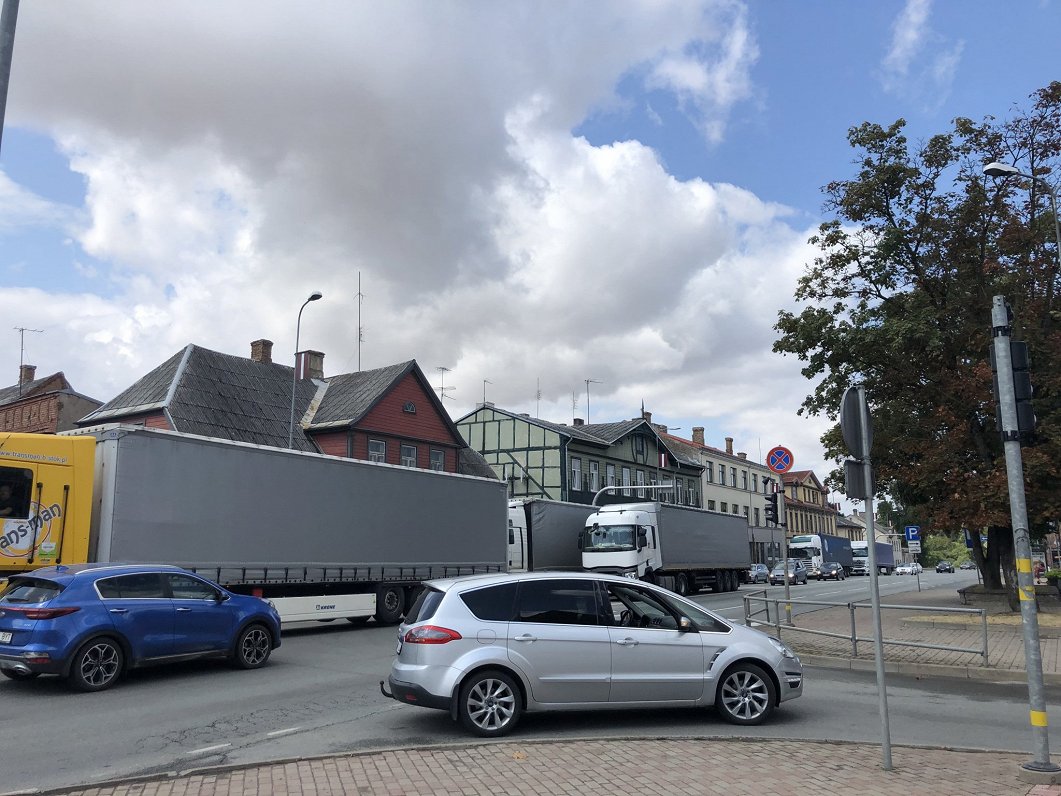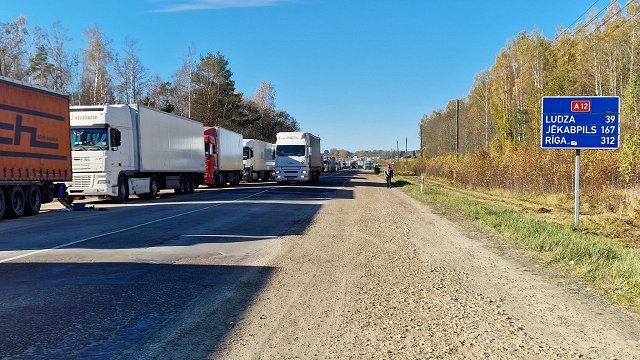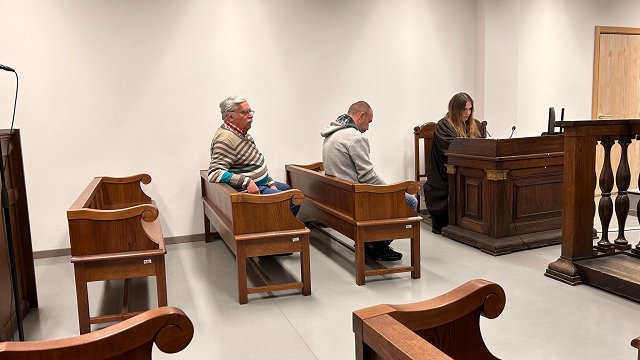The growing transit traffic in Bauska and Iecava has long become disproportionate to the size of the small towns. The traffic intensity of the motorway in those towns is three times the number of cars that would be optimal for the road. Ministries have promised a bypass, but it is unknown when it would happen. On April 13, a conference was held in Bauska addressing the matter.
Transport Minister Tālis Linkaits could not promise anything specific. He said that the Rail Baltica railway project will partly improve the situation. The idea of a bypass has remained at the idea level for a long time.
“As of 2011, Latvia has committed to developing […] high-speed connections, a 2 +2 lane road with a speed of 130 kilometers per hour. In our country, such projects have unfortunately not really taken place in recent years. The money which was meant to be directly allocated for the main roads has been scattered everywhere else, just not for the main roads,” the minister said.
Minister for Environment and Regional Development Artūrs Toms Plešs said: “I also have no illusions as a resident of Bauska municipality to the situation that the Bauska bypass is not present: it is persistent air pollution, vibrations, noises. Traffic intensity has been increasing recently. What we can see about Bauska bypass, [the plan] has slowly started moving,” Plešs said.
The Chairman of the Bauska municipality council Aivars Okmanis (National Alliance) came up with a first step that Bauska could ask for. “We would also like to put forward quite harsh proposals, such as banning the flow of freight transport during weekends, holidays, which would allow the city to be relieved so that Bauska can survive until the bypass,” Okmanis said.
In various documents, the Bauska bypass is promised by 2030.






























